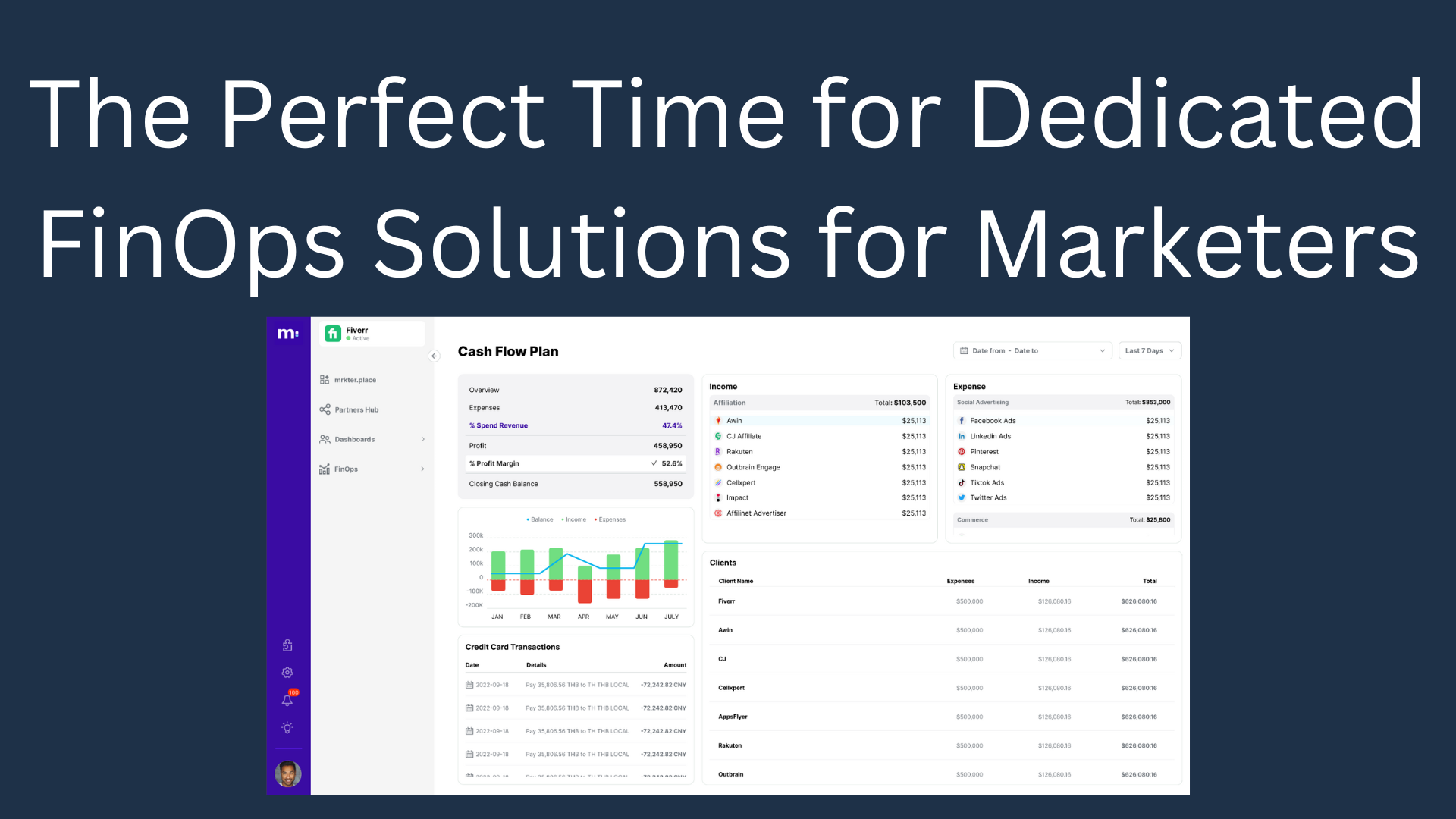
The role of big data in fintech
-
Table of Contents
“Unlock the Power of Big Data to Transform Your Fintech Business”
Introduction
Big data has become an increasingly important part of the financial technology (fintech) industry. Fintech companies are leveraging big data to gain insights into customer behavior, develop new products and services, and improve customer experience. Big data is also being used to identify fraud and money laundering, as well as to improve risk management and compliance. By leveraging big data, fintech companies are able to gain a competitive edge and provide better services to their customers. In this article, we will discuss the role of big data in fintech and how it is being used to improve the industry.
How Big Data is Transforming the Fintech Industry
The financial technology (fintech) industry is undergoing a major transformation due to the emergence of big data. Big data is a term used to describe large and complex datasets that can be analyzed to uncover patterns and trends. By leveraging big data, fintech companies are able to gain valuable insights into customer behavior, market trends, and other factors that can help them make better decisions and improve their services.
Big data is transforming the fintech industry in a number of ways. For example, it is enabling companies to develop more accurate risk models and better understand customer needs. This allows them to offer more tailored services and products that are better suited to their customers’ needs. Additionally, big data is helping fintech companies to identify fraud and money laundering more quickly and accurately. This helps to protect customers and reduce the risk of financial losses.
Big data is also being used to improve customer experience. By analyzing customer data, fintech companies can gain insights into customer preferences and develop more personalized services. This can help to increase customer satisfaction and loyalty. Additionally, big data can be used to develop more efficient processes and reduce operational costs.
Overall, big data is having a major impact on the fintech industry. By leveraging big data, fintech companies can gain valuable insights into customer behavior, market trends, and other factors that can help them make better decisions and improve their services. This is helping to drive innovation and growth in the industry.
Exploring the Benefits of Big Data for Fintech Companies
The financial technology (fintech) industry is rapidly evolving, and big data is playing an increasingly important role in its development. Big data is a term used to describe large and complex datasets that can be analyzed to uncover patterns and trends. By leveraging big data, fintech companies can gain valuable insights into customer behavior, market trends, and other important factors that can help them make better decisions and improve their operations.
One of the primary benefits of big data for fintech companies is the ability to gain a better understanding of customer behavior. By analyzing customer data, fintech companies can gain insights into customer preferences, spending habits, and other important factors that can help them develop more effective marketing strategies and tailor their services to better meet customer needs. This can help fintech companies increase customer loyalty and engagement, leading to higher customer retention rates and increased revenue.
Big data can also be used to identify potential opportunities in the market. By analyzing market data, fintech companies can identify emerging trends and new opportunities for growth. This can help them stay ahead of the competition and develop innovative products and services that meet customer needs.
In addition, big data can help fintech companies improve their risk management strategies. By analyzing customer data, fintech companies can identify potential risks and develop strategies to mitigate them. This can help them reduce the risk of fraud and other financial losses, leading to improved profitability.
Finally, big data can help fintech companies improve their operational efficiency. By analyzing customer data, fintech companies can identify areas where they can streamline processes and reduce costs. This can help them reduce overhead costs and improve their bottom line.
Overall, big data can provide a number of benefits for fintech companies. By leveraging big data, fintech companies can gain valuable insights into customer behavior, identify potential opportunities in the market, improve their risk management strategies, and improve their operational efficiency. This can help them stay ahead of the competition and increase their profitability.
The Impact of Big Data on Financial Services
The financial services industry is undergoing a major transformation due to the emergence of big data. Big data is a term used to describe the large and complex datasets that are generated by businesses and organizations. These datasets contain valuable information that can be used to make better decisions and improve the efficiency of operations.
Big data has had a significant impact on the financial services industry. It has enabled financial institutions to gain a better understanding of their customers and their needs. By analyzing customer data, financial institutions can develop more personalized services and products that better meet the needs of their customers. This has resulted in improved customer satisfaction and loyalty.
Big data has also enabled financial institutions to better manage risk. By analyzing large datasets, financial institutions can identify potential risks and take steps to mitigate them. This has resulted in improved risk management and reduced losses.
Big data has also enabled financial institutions to improve their operational efficiency. By analyzing large datasets, financial institutions can identify areas where they can reduce costs and improve efficiency. This has resulted in improved profitability and increased competitiveness.
Finally, big data has enabled financial institutions to develop new products and services. By analyzing customer data, financial institutions can identify new opportunities and develop innovative products and services that meet the needs of their customers. This has resulted in increased revenue and market share.
In conclusion, big data has had a significant impact on the financial services industry. It has enabled financial institutions to gain a better understanding of their customers, manage risk more effectively, improve operational efficiency, and develop new products and services. This has resulted in improved customer satisfaction, reduced losses, improved profitability, increased competitiveness, and increased revenue.
Leveraging Big Data to Improve Financial Decision Making
Big data has revolutionized the way businesses make decisions, and the financial sector is no exception. By leveraging big data, financial institutions can gain valuable insights into customer behavior, market trends, and risk management. This can help them make more informed decisions and improve their overall performance.
Big data can be used to identify patterns and trends in customer behavior. By analyzing customer data, financial institutions can gain a better understanding of their customers’ needs and preferences. This can help them develop more effective marketing strategies and tailor their products and services to meet customer demands.
Big data can also be used to identify market trends and predict future performance. By analyzing market data, financial institutions can gain a better understanding of the current market environment and anticipate future changes. This can help them make more informed investment decisions and reduce their risk exposure.
Finally, big data can be used to improve risk management. By analyzing data from various sources, financial institutions can identify potential risks and develop strategies to mitigate them. This can help them protect their investments and ensure their long-term success.
Overall, big data can be a powerful tool for improving financial decision making. By leveraging big data, financial institutions can gain valuable insights into customer behavior, market trends, and risk management. This can help them make more informed decisions and improve their overall performance.
Analyzing the Role of Big Data in Fintech Security
Big data has become an increasingly important tool in the financial technology (fintech) industry, as it provides a way to analyze large amounts of data quickly and accurately. As such, it has become a key component of fintech security. Big data can be used to identify potential security threats, detect fraudulent activity, and improve the overall security of fintech systems.
One of the primary ways that big data is used in fintech security is to identify potential security threats. By analyzing large amounts of data, it is possible to detect patterns that may indicate a potential security breach. For example, big data can be used to detect unusual activity in a customer’s account, such as a sudden increase in transactions or a large number of transactions from a single source. This type of analysis can help to identify potential security threats before they become a problem.
Big data can also be used to detect fraudulent activity. By analyzing large amounts of data, it is possible to identify patterns that may indicate fraudulent activity. For example, big data can be used to detect patterns of suspicious transactions, such as multiple transactions from the same source or transactions that are unusually large. This type of analysis can help to identify and prevent fraudulent activity before it becomes a problem.
Finally, big data can be used to improve the overall security of fintech systems. By analyzing large amounts of data, it is possible to identify potential weaknesses in a system and develop strategies to address them. For example, big data can be used to identify potential vulnerabilities in a system and develop strategies to mitigate them. This type of analysis can help to ensure that fintech systems are secure and reliable.
In conclusion, big data has become an important tool in the fintech industry, as it provides a way to analyze large amounts of data quickly and accurately. Big data can be used to identify potential security threats, detect fraudulent activity, and improve the overall security of fintech systems. As such, it is an essential component of fintech security.
Q&A
Q1: What is the role of big data in fintech?
A1: Big data plays a critical role in fintech by providing insights into customer behavior, market trends, and financial performance. By leveraging data-driven insights, fintech companies can develop more effective products and services, improve customer experience, and optimize operations.
Q2: How does big data help fintech companies?
A2: Big data helps fintech companies in a variety of ways. It can be used to identify customer needs and preferences, develop more accurate risk models, and improve customer service. Additionally, big data can be used to identify fraud and money laundering, as well as to develop more efficient and cost-effective operations.
Q3: What types of data are used in fintech?
A3: Fintech companies use a variety of data sources, including customer data, market data, and financial data. Additionally, they may use external data sources such as social media, news, and government data.
Q4: How is big data used in fintech?
A4: Big data is used in fintech to develop predictive models, identify customer needs and preferences, and improve customer service. Additionally, big data can be used to identify fraud and money laundering, as well as to develop more efficient and cost-effective operations.
Q5: What are the benefits of using big data in fintech?
A5: The benefits of using big data in fintech include improved customer experience, more accurate risk models, and cost savings. Additionally, big data can help fintech companies identify fraud and money laundering, as well as develop more efficient and cost-effective operations.
Conclusion
In conclusion, big data has become an integral part of the fintech industry. It has enabled financial institutions to gain insights into customer behavior, identify trends, and make better decisions. Big data has also enabled fintech companies to develop more efficient and secure products and services. As the industry continues to evolve, big data will continue to play an important role in helping fintech companies stay ahead of the competition.


